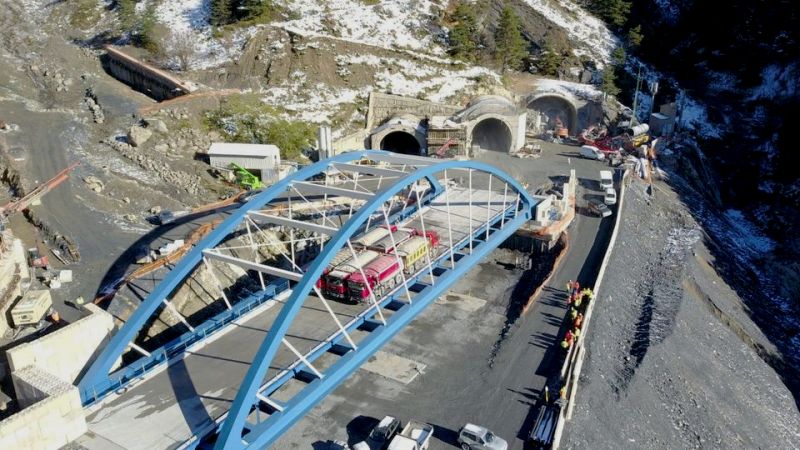The issue of retrofitting second-generation smart tachographs in international road transport has sparked a heated debate across Europe. According to a recent survey conducted by the International Road Transport Union (IRU), Germany, the Netherlands, Denmark, and Sweden have firmly opposed any grace period—a temporary suspension of fines—for equipping international transport vehicles with these new devices, while other EU countries are in favor, suggesting grace periods ranging from six months to two years.
Romania is also pushing strongly for a grace period. Radu Dinescu, Secretary General of the Romanian Road Transport Association (UNTRR), explains that "as of August 2023, only two of the three manufacturers were able to complete the product, with one managing to do so just before the regulation took effect for new trucks. Second-generation smart tachographs for vehicles already in circulation became available only at the start of 2024, and they had numerous issues. As a result, EU transporters were discouraged from immediately installing them, waiting instead for an improved product, which is expected to be ready next year when the OSNMA signal, delayed for almost two years, is finally available."
The UNTRR points to the European Union Agency for the Space Programme (EUSPA) as one of the main parties responsible for the delays, as the implementation of the OSNMA satellite signal has been repeatedly postponed. This delay, the association argues, will force European transporters to make additional investments, including purchasing extra antennas and upgrading current software, creating further costs and complications for operators.



































































